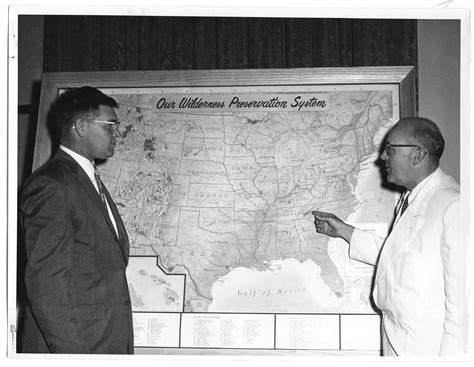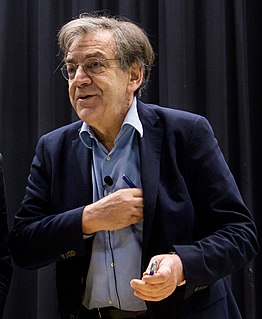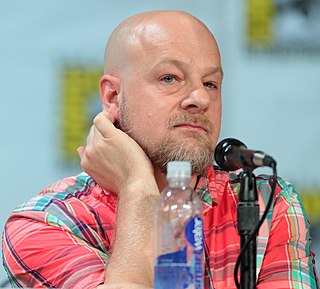A Quote by J. H. Rush
When man obliterates wilderness, he repudiates the life force, which put him on this planed in a bad way, and in a truly terrifying sense, he is on his own.
Related Quotes
Christianity set itself the goal of fulfilling man’s unattainable desires, but for that very reason ignored his attainable desires. By promising man eternal life, it deprived him of temporal life, by teaching him to trust in God’s help it took away his trust in his own powers; by giving him faith in a better life in heaven, it destroyed his faith in a better life on earth and his striving to attain such a life. Christianity gave man what his imagination desires, but for that very reason failed to give him what he really and truly desires.
So long as men desire to live together, no man may initiate the use of physical force against others. . . . When a man attempts to deal with me by force, I answer him by force. It is only as retaliation that force may be used and only against the man who starts its use. No, I do not share his evil or sink to his concept of morality: I merely grant him his choice, destruction, the only destruction he had the right to choose: his own.
Each man is contained and constrained, on entering social life, to fit his own life in, just as he fits his words and thoughts into a language that was formed without and before him and which is impervious to his power. Entering the game, as it were, whether of belonging to a nation or of using a language, a man enters arrangements which it does not fall to him to determine, but only to learn and respect the rules.
There came to him an image of man’s whole life upon the earth. It seemed to him that all man’s life was like a tiny spurt of flame that blazed out briefly in an illimitable and terrifying darkness, and that all man’s grandeur, tragic dignity, his heroic glory, came from the brevity and smallness of this flame. He knew his life was little and would be extinguished, and that only darkness was immense and everlasting. And he knew that he would die with defiance on his lips, and that the shout of his denial would ring with the last pulsing of his heart into the maw of all-engulfing night.
It is not a slight thing, gentlemen, to force a man to say what he is, or what he believes himself to be; for that supreme word of man, that single expression which he utters of and upon himself is decisive. It lays down the basis upon which all judgment of him is to be formed. From that moment all the acts of his life must correspond to the answer given by him.
Mads has a terrifying subtlety and as the episodes go on, you start seeing the way a person can command other people by doing practically nothing and terrifying the sh*t out of you. He is the most astonishingly subtle performer with the most incredibly keen sense of what his face can do and how his words can form. He has a mission. Nothing is by chance. I truly believe as long as we have success in seasons that Mads will become the defining face of Hannibal Lecter.
Poverty, we may say, surrounds a man with ready-made barriers, which if they do mournfully gall and hamper, do at least prescribe for him, and force on him, a sort of course and goal; a safe and beaten, though a circuitous, course. A great part of his guidance is secure against fatal error, is withdrawn from his control. The rich, again, has his whole life to guide, without goal or barrier, save of his own choosing, and, tempted, is too likely to guide it ill.
Socialism is the doctrine that man has no right to exist for his own sake, that his life and his work do not belong to him, but belong to society, that the only justification of his existence is his service to society, and that society may dispose of him in any way it pleases for the sake of whatever it deems to be its own tribal, collective good.



































